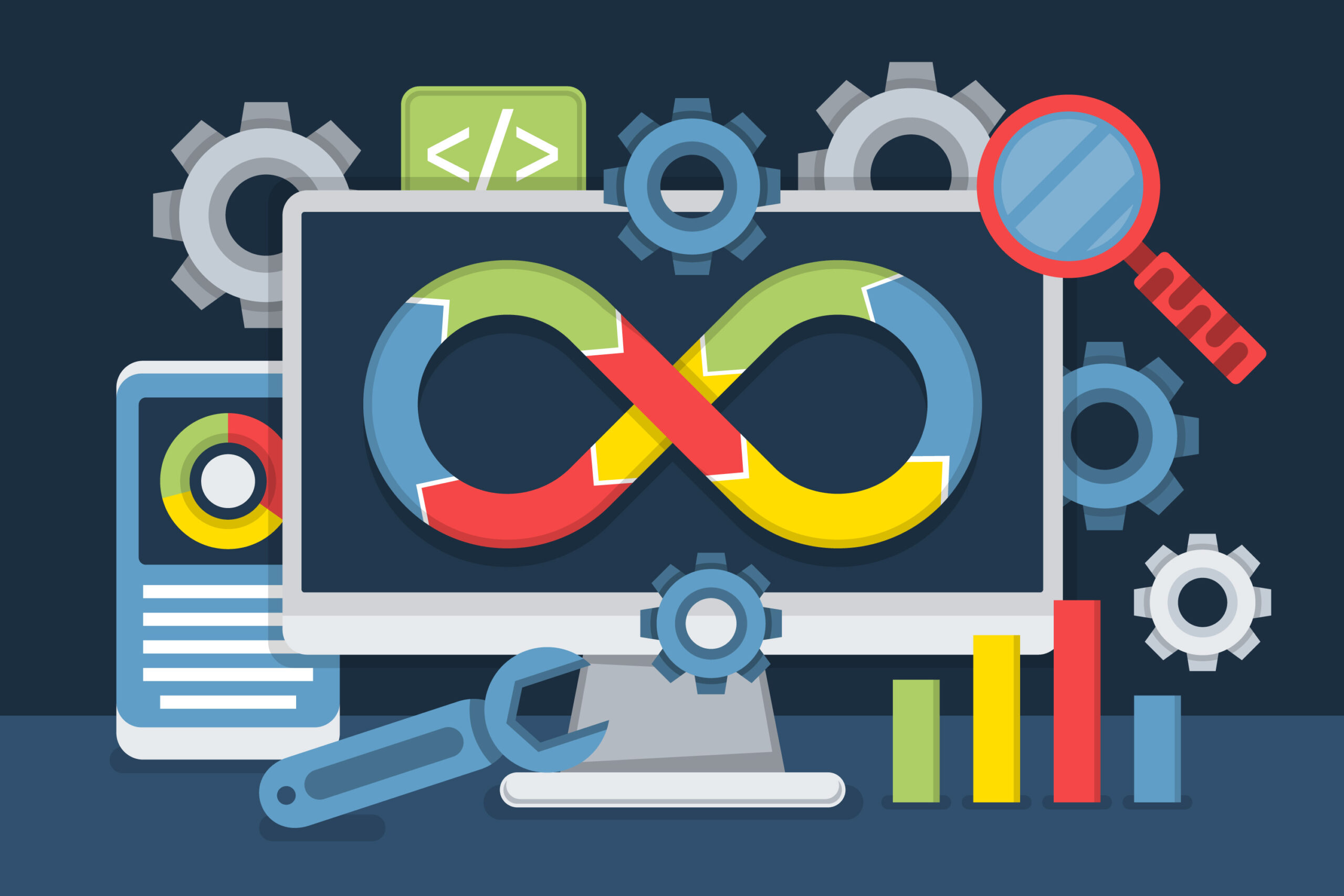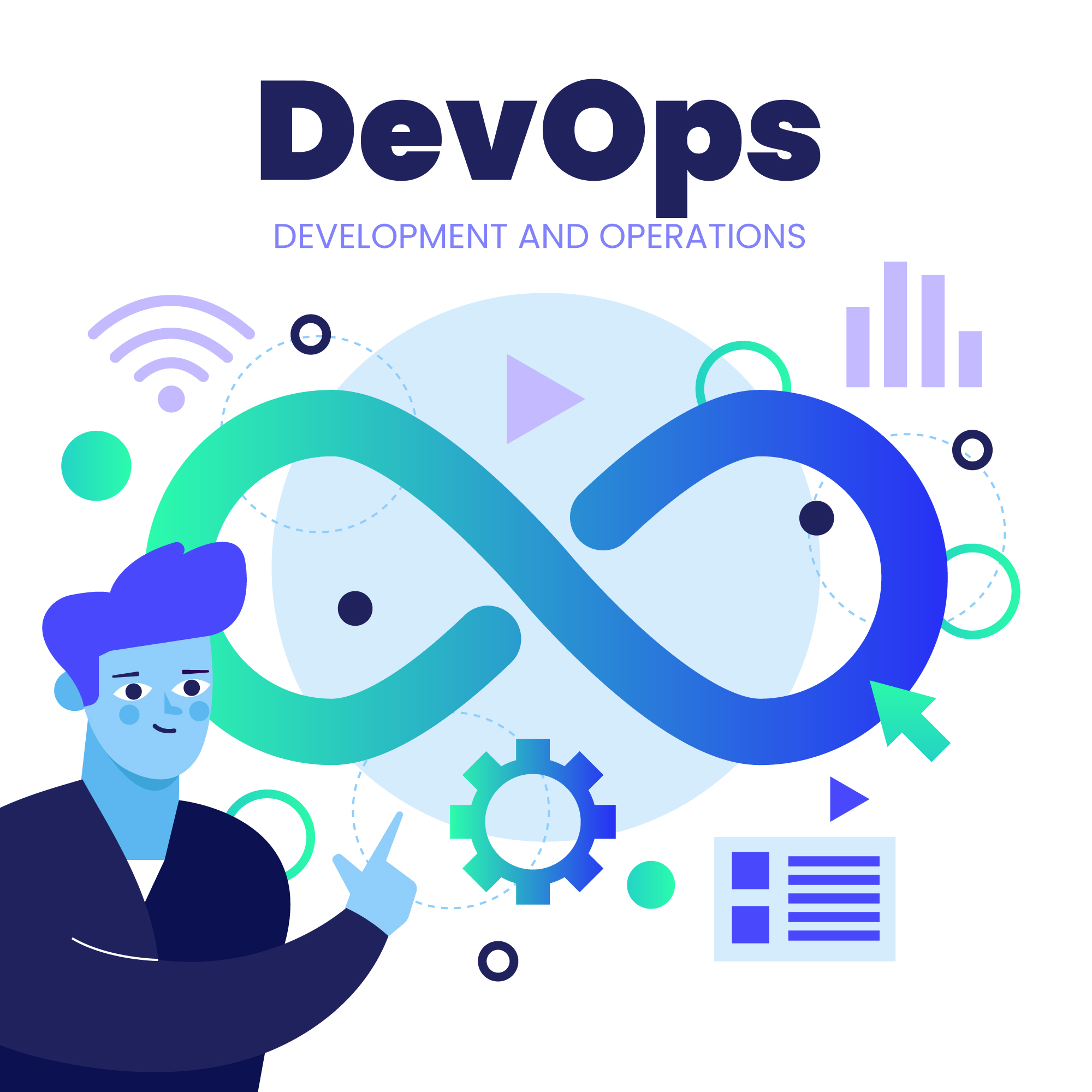DevOps security is not optional; it’s necessary. As businesses accelerate their development pipelines to meet customer demand, the pressure to deliver faster often comes at the cost of application security. This opens the door to vulnerabilities, data breaches, and compliance risks.
But here’s the good news: with the right strategies, tools, and expert guidance, DevOps teams can seamlessly integrate robust security into their workflows without slowing down innovation. In this article, we’ll explore proven best practices, recommended DevOps security tools, and how Tambena Consulting helps organizations safeguard their applications with a holistic DevOps and security approach.
Why DevOps Security Matters More Than Ever
Security breaches are no longer rare events; they’re an everyday reality. According to industry studies, the average cost of a data breach in 2023 was over $4 million. Traditional security methods can’t keep up with the rapid, automated world of DevOps.
This creates a competitor gap analysis opportunity: companies that embed security into their pipelines gain a significant advantage over those still relying on outdated practices.
By weaving security into every stage of the software lifecycle, businesses can:
- Reduce vulnerabilities before deployment.
- Strengthen customer trust with secure applications.
- Meet compliance standards with less friction.
- Align development, operations, and security teams under one strategy.
What is DevOps Security?
At its core, DevOps security, often called DevSecOps, is about embedding security at every stage of the DevOps pipeline. Instead of treating security as an afterthought, organizations shift it left, making it a shared responsibility between developers, operations, and security teams.
This approach ensures that risks are identified earlier, automation reduces human errors, and continuous monitoring protects applications throughout their lifecycle.
Key Challenges in DevOps and Security
Despite the benefits, teams often face challenges when combining DevOps and security practices:
- Speed vs. security: Rapid releases may leave little time for thorough testing.
- Tool sprawl: Multiple, unintegrated tools can create blind spots.
- Skill gaps: Developers may lack security expertise, while security teams may not fully understand DevOps workflows.
- Compliance pressure: Meeting regulatory requirements across industries can be complex.
The solution lies in proactive security integration backed by the right practices and tools.
DevOps Security Best Practices to Protect Applications
Below are proven strategies that leading organizations use to safeguard applications without sacrificing speed.
1. Shift Security Left
Traditionally, security testing happens at the end of the development cycle. In modern DevOps security, teams integrate testing into the earliest stages. Static Application Security Testing (SAST) and dynamic testing tools help developers catch issues as they code.
2. Automate Security Checks
Automation eliminates human error and scales security across multiple projects. From CI/CD pipeline scans to automated vulnerability patching, automation ensures threats are caught early without slowing down deployments.
3. Use DevOps Security Tools Wisely
The right tools bridge the gap between development and protection. Common categories include:
- Code analysis tools: Detect insecure coding patterns.
- Container security tools: Protect Kubernetes and Docker environments.
- Dependency scanning tools: Identify vulnerabilities in third-party libraries.
- Runtime protection tools: Monitor applications after deployment.
When tools are integrated properly, they provide a 360° view of security risks across the pipeline.
4. Foster a Culture of Shared Responsibility
Security is not just the job of the security team; it’s everyone’s job. Organizations should invest in training, security champions, and clear communication between DevOps and security teams.
5. Monitor Continuously
Applications are never “finished.” Continuous monitoring with SIEM systems, intrusion detection, and automated alerts ensures you can respond to emerging threats in real time.
How Tambena Consulting Supports DevOps Security

Bridging DevOps and Security
Tambena Consulting’s DevSecOps services specialize in helping organizations integrate security seamlessly into DevOps practices. With expertise in pipeline optimization, risk assessments, and compliance management, they empower businesses to:
- Build secure CI/CD pipelines from scratch.
- Select and configure the right DevOps security tools.
- Train teams in secure coding and deployment practices.
- Ensure compliance with industry regulations like GDPR, HIPAA, or PCI-DSS.
Customized Strategies
Every organization has unique workflows and risks. Tambena Consulting doesn’t believe in one-size-fits-all. Our experts analyze your current setup, identify security gaps, and design tailored strategies that balance speed and protection.
Final Say
Security doesn’t have to slow down innovation. By embedding DevOps security into your development pipelines, you can protect applications, meet compliance requirements, and gain a competitive advantage.
If your organization struggles to balance speed with protection, Tambena Consulting is here to help. Their tailored strategies and proven expertise ensure your DevOps journey is secure, agile, and future-ready.
Ready to secure your DevOps pipelines? Contact Tambena Consulting today and take the first step toward building safer, faster applications.
FAQs
What is DevOps Security?
DevOps security is the integration of security practices into every phase of the DevOps lifecycle, ensuring applications remain secure without compromising development speed.
How is application security configured through DevOps?
Application security in DevOps is configured by embedding automated scans, vulnerability management tools, and security gates directly into CI/CD pipelines. This allows continuous testing and real-time detection of risks.
What are some common DevOps security tools?
Popular tools include Snyk for dependency scanning, Aqua Security for container protection, and SonarQube for code analysis.
Why is continuous monitoring important in DevOps security?
Continuous monitoring ensures that even after deployment, applications are protected against evolving threats, enabling faster incident response.
How can Tambena Consulting help my business with DevOps security?
Tambena Consulting offers tailored strategies, hands-on support, and tool integration services to build a secure yet agile DevOps ecosystem.




